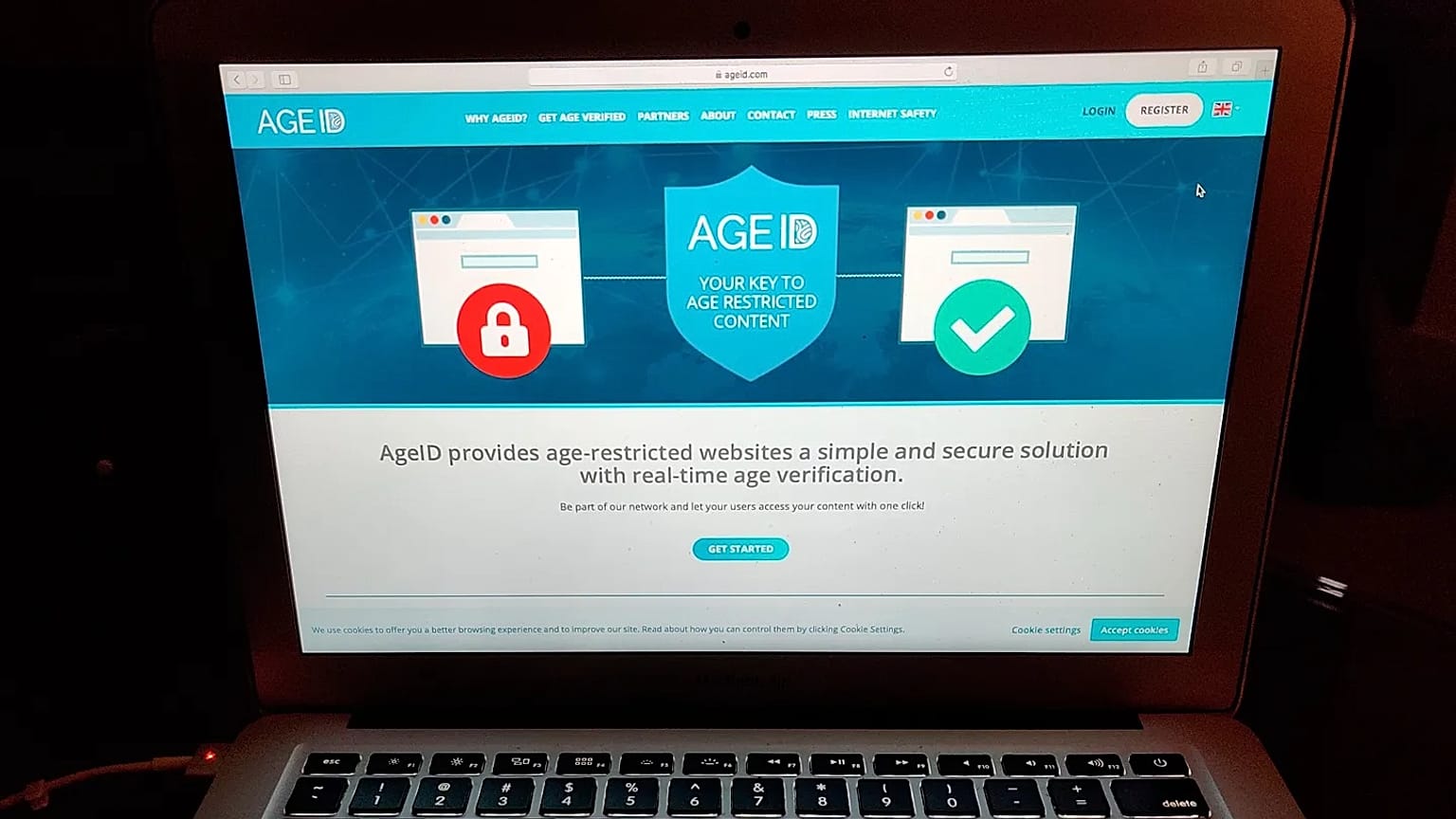Italy is the latest European country to pass sweeping age-verification laws that force users to prove they’re at least 18 before accessing adult websites.
Italy is the latest European country to enforce age verification checks to prevent children from accessing adult sites.
Websites that distribute pornographic images and videos in Italy must now put these security checks in place – regardless of whether they have offices there.
Porn sites will have to use third-party age verification services that ask users to provide a copy of their government ID that shows their age every time they access these sites.
The government identified 45 porn providers, including Pornhub, YouPorn, and Redtube, that will have to comply with the new rules.
Italy’s move is part of a broader push across Europe to make digital spaces safer for children. Here’s what other countries have done so far.
France
In 2024, France passed a law that gave the country’s regulator, Arcom, the power to impose legal sanctions and block pornographic sites that still allow people under 18 to view their content.
Before legal sanctions are put in place, Arcom issues notices to sites that do not comply.
If they do not, Arcom can fine companies up to €150,000 or 2 per cent of their global turnover for the last year. This fine goes up to €300,000, or 4 per cent of global turnover, for repeat offenses.
The regulator can also ask internet or domain providers to block access to these websites for at least two years. Providers must comply within 48 hours – or risk facing criminal liability.
Sites that do not comply with the age verification measures could also be criminally charged with sexual conduct against minors, which is punishable by up to three years in prison and a €75,000 fine.
The age verification law made headlines this summer when Aylo, the parent company of Pornhub and Redtube, announced that it would block French users’ access to these platforms because of the law. It later restored access.
Notably, European nonprofit AI Forensics found that third-party age verification services working in France, such as AgeGO and AgeVerif, either provided users’ personal information to other companies to conduct their checks, or that the checks were easily bypassed by adding a line of code to the site’s description.
Spain
In 2022, Spain introduced a law aims to protect minors from harmful online content, for example pornography or other materials harmful to children’s health, mental wellbeing, or “moral development,” which it did not elaborate on.
The law requires that streaming, video-sharing, and other online platforms launch age verification systems that prevent children from accessing “the most harmful audiovisual content, such as gratuitous violence or pornography”.
Meanwhile earlier this year, Spain’s national police formally launched a digital app called MiDNI that provides digital identification in real-time, including age verification.
Another national age verification project is on hold. José Luis Escrivá, Spain’s former minister of digital transformation, announced in 2024 the creation of the Cartera Digital Beta wallet for age verification.
A technical document released at the time said the wallet would generate 30 pairs of keys per month that can be used once to verify a person’s identity after the app analyses the user’s ID card stored in the system.
But Spanish media has reported that the government is waiting for approval on certain data protection requirements before launching the tool.
Germany
German authorities say it isn’t enough for users to declare they are at least 18 before accessing adult sites.
The country requires digital age verifications before people are allowed to enter these sites.
Platforms must also have safeguards, such as parent-controlled filtering software, to prevent minors in Germany from accessing content that is “deleterious to their development,” according to a 2023 report from the European Audiovisual Observatory.
These sites must also put in place an independent “youth protection officer,” a point of contact who advises them on the best way to protect minors online.
Violators can face fines of up to €500,000.
Last year, German authorities blocked Aylo, parent company of the popular porn sites Pornhub and RedTube, because a German court said it had violated the law.
In a June statement, the regulator said two Berlin courts found Aylo had “prioritised its own financial interests over the objective of protecting minors”. The courts also rejected the company’s challenge to the ban, saying Aylo “persistently disregards legally binding and enforceable injunctions”.
The regulator also regularly assesses third-party age verification softwares so platforms know which ones have appropriate safety measures.
EU pilot project
The European Union is working on a pilot project to test its own age verification mechanisms.
A blueprint for the EU-wide process gives users a way to prove they are at least 18 without revealing any personal information – while being “robust, user-friendly and privacy-preserving,” according to the European Commission.
The age verification service will eventually be used with digital identity wallets which all member states must launch by the end of 2026. They may also be integrated into standalone verification apps that are already in place in Denmark, France, Spain, Italy, and Greece.


















